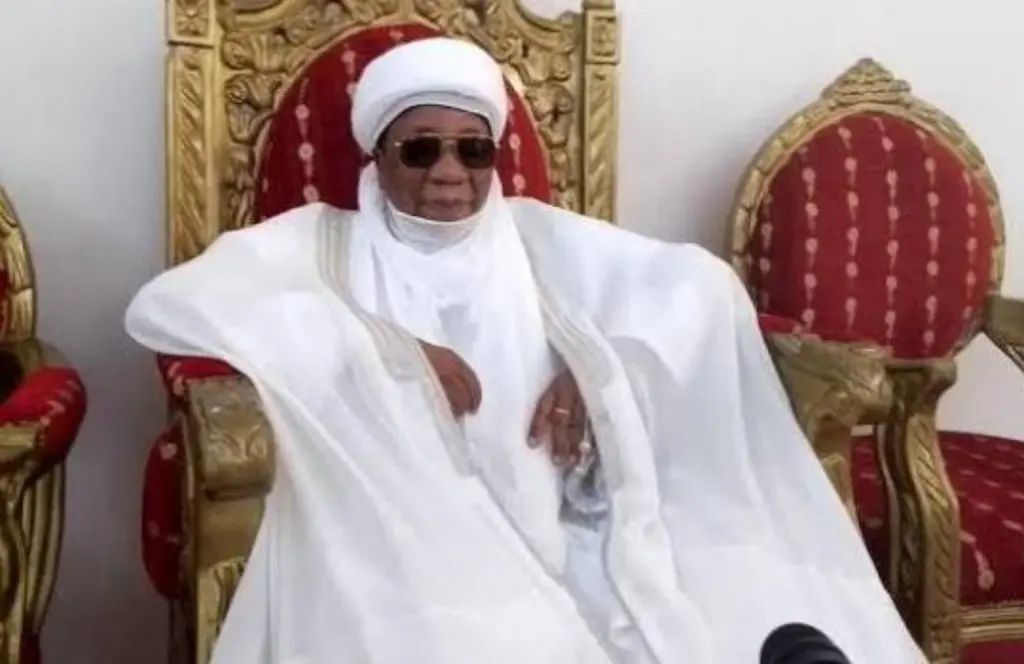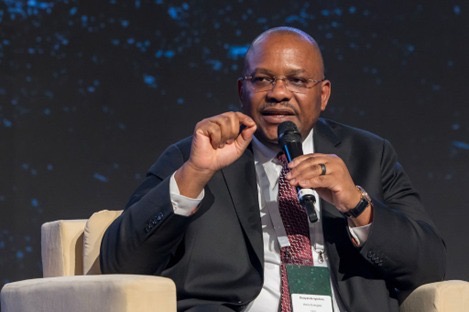The International Monetary Fund (IMF) has urged the federal government to rework its 2025 N54.99 trillion budget to reflect a less favourable oil price environment, warning that the country remains vulnerable to external shocks despite recent macroeconomic gains.
In its latest Article IV Consultation with Nigeria, the IMF praised bold reforms undertaken by Nigerian authorities in the past two years, including the removal of fuel subsidies, cessation of central bank financing of fiscal deficits, and the liberalisation of the foreign exchange (FX) market.
However, the Fund emphasised that more effort is needed to consolidate recent gains and ensure they translate into broader benefits for the population, particularly amid growing downside risks.
“The 2025 budget needs to be recalibrated to lower oil prices,” IMF directors stated in a report, emphasising the importance of maintaining a neutral fiscal stance that prioritises growth-enhancing investments.
READ ALSO:
US-based Lawyer Owolabi Salis Becomes First Nigerian To Travel To Space
Two Robots Stretchered Off As China Hosts World’s First AI Football Match
“No Going Back” – Lagos Begins Full Enforcement Of Single-Use Plastic Ban
Youths In Anambra Now Cohabiting, Producing Babies For Sale – NAPTIP
Naira Appreciates To N1,600/$ In Parallel Market
‘He Raped 12 Year-Old Girl,’ Police Arrest Traditional Ruler
The Fund warned that a drop in global oil prices or higher external financing costs could jeopardise Nigeria’s fragile recovery, strain fiscal buffers, and trigger exchange rate pressures.
The Fund warns that implementing the N54.99 trillion budget without adjusting for more conservative assumptions could widen the fiscal deficit from 4.1% to around 4.7%, further adding to Nigeria’s debt burden.
Oil remains a cornerstone of Nigeria’s economy, accounting for the bulk of exports and fiscal revenues. While recent improvements in hydrocarbon output have helped lift GDP growth to 3.4% in 2024, the IMF cautioned that this pace remains inadequate on a per capita basis.
“Growth has been steady but too low in per-capita terms, and inflation remains high,” it said. Poverty and food insecurity, the report added, have risen despite the macroeconomic progress.
Looking ahead to 2025, the IMF projects similar GDP growth at 3.4%, buoyed by improved oil production, the commissioning of a new domestic refinery, and a resilient services sector.
In alignment with Nigeria’s current interest rate stance, the IMF recommended that the Central Bank of Nigeria (CBN) maintain a tight monetary policy until inflation deceleration becomes firmly established.
“The Central Bank of Nigeria is appropriately maintaining a tight monetary policy stance, which should continue until disinflation becomes entrenched,” the IMF stated.
Inflation has fallen significantly—from an average of 31% in 2024 to 22.97% year-on-year in May 2025—but remains one of the highest globally. The Fund stressed the importance of keeping real policy rates positive to support price stability and exchange rate credibility.
Another key focus was Nigeria’s evolving foreign exchange regime, as the IMF commended reforms that have increased price discovery and liquidity in the FX market but flagged the urgent need to implement a more structured intervention framework.
“A robust foreign exchange intervention framework focused on containing excess volatility” is essential, the IMF stated, adding that the naira should remain a shock absorber in response to external disturbances.
This is because the FX market depth remains limited, and the country’s rising exposure to short-term portfolio inflows poses fresh risks.
In 2024, Nigeria saw a rebound in capital inflows and successfully re-entered the eurobond market, reflecting improved investor confidence. Reserves also improved due to a current account surplus and stabilisation of the naira.
However, elevated external rollover needs mean the FX market must be agile, and intervention must be data-driven and transparent, according to the IMF.
On the fiscal side, the IMF welcomed the government’s recent tax policy reforms, describing them as “an important step towards enhancing revenue mobilisation and creating fiscal space for development spending.”
The Fund advised staying the course on fuel subsidy savings and administrative efficiency gains while enhancing budget execution and spending quality.
A key recommendation was to accelerate the delivery of targeted cash transfers to cushion the most vulnerable from economic shocks, especially amid rising food insecurity.
The IMF also focused on Nigeria’s financial sector, calling for more robust risk-based supervision of emerging areas like mortgage lending, consumer finance, fintech, and crypto-assets.
While acknowledging the CBN’s recapitalisation drive and ongoing adoption of Basel III standards, the Fund warned that rapid growth in financial innovation demands tighter regulatory oversight.
It further welcomed Nigeria’s work in enhancing its anti-money laundering and counter-terrorist financing frameworks, while urging completion of reforms necessary to exit the FATF grey list.
Despite recent economic stabilisation, Nigeria continues to face deep structural issues, with the IMF pointing out that GDP growth, while positive, has not translated into broad-based improvements in living standards.
“Gains have yet to benefit all Nigerians,” the Fund noted, urging increased investment in infrastructure, education, health, agriculture, and climate adaptation.
It further emphasised the need to improve agricultural productivity and address security challenges was especially emphasised as critical to reducing fragility and food insecurity.





